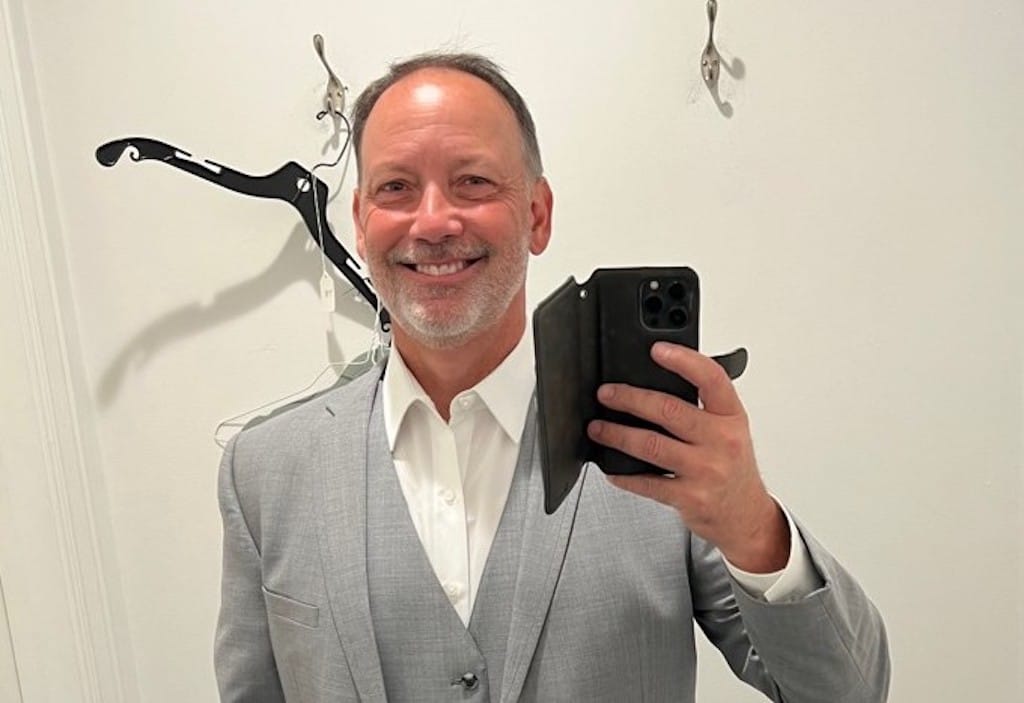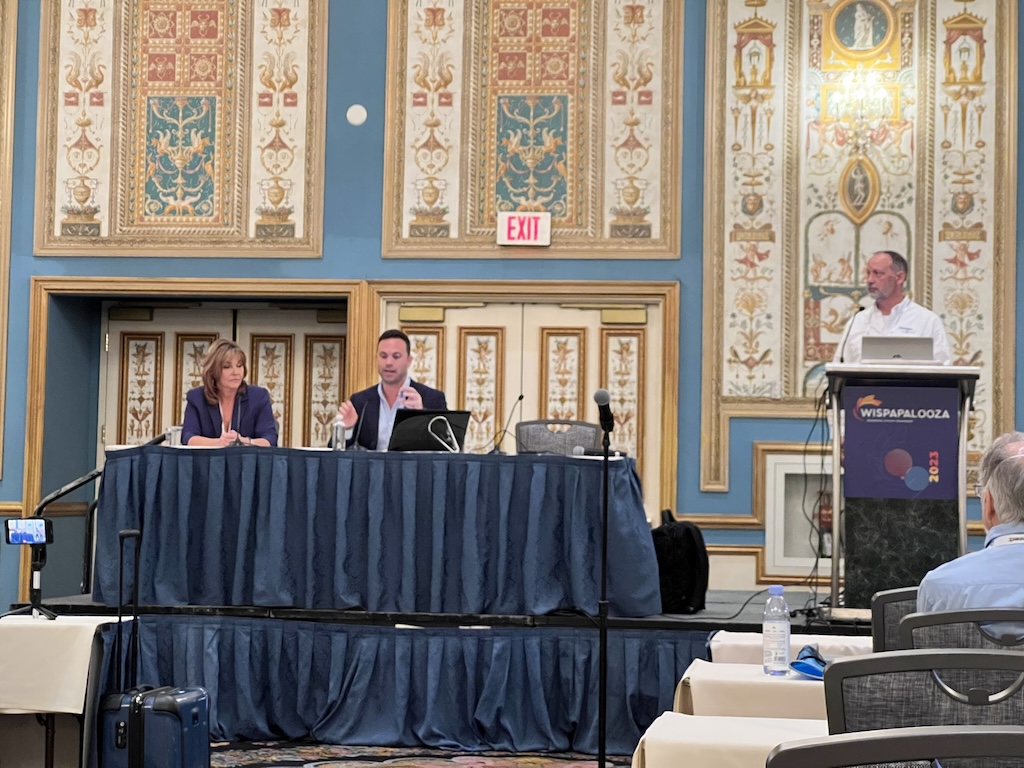WISPA Panel Urges Small Broadband Providers to Embrace Telehealth
Connecting healthcare clinics can benefit communities, the panel said.
Jake Neenan

LAS VEGAS, October 10, 2023 – A panel urged broadband providers on Tuesday not to fear approaching healthcare centers with telehealth plans at WISPAPALOOZA, the annual conference of small and fixed wireless broadband providers.
“Don’t write them off just because they’re outside your comfort zone or what you’re used to,” said Max Joseph, a business development manager at AT&T. “There’s huge potential to market to these communities.”
Hospitals, doctor’s offices, and clinics often want to provide telehealth – services like counseling and appointments conducted via the internet, said Layne Sisk, CEO of broadband consulting firm ServerPlus. But healthcare providers often lack the technical knowledge to implement the service on their own.

Photo of the panel at WISPAPALOOZA by Jake Neenan
In rural areas, implementing telehealth can involve getting connected to adequate broadband for video calls.
“To them, this is overwhelming. This is like magic,” he said.
The panel cited HIPAA, the law outlining privacy protections for patient health data, as a common concern preventing broadband providers from approaching healthcare clinics and getting them connected.
But HIPAA requirements, said Vonda Dilley, a sales manager at broadband provider Horizon Connects, are not distributed equally on a network. If a broadband provider only serves a clinic with internet connectivity, its compliance requirements are lower than the clinic’s internal IT systems and patient portal.
“You’re considered a conduit,” she said.
Expanding telehealth in rural areas can benefit those communities by giving them easier access to healthcare, plus specialists that are physically far away.
“The idea behind this is not just to make it more convenient, it’s a better quality of care,” Sisk said.
He pointed to a counseling center that operates in the same building as his office. During the pandemic, he said, that counseling center was able to see patients with more severe mental health because of the easier access to remote sessions.
The Federal Communications Commission launched a three-year pilot program in 2021 to study the impacts of making telehealth a permanent part of the Universal Service Fund, a roughly $8 billion yearly internet subsidy program.









Member discussion